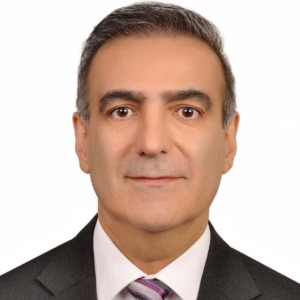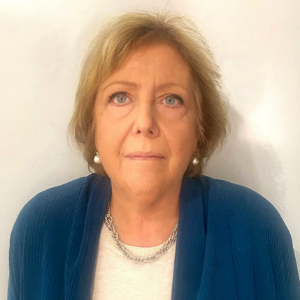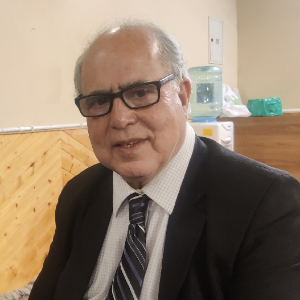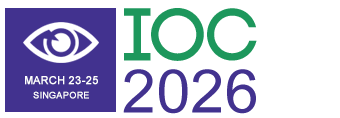Geriatric Eye Care
As populations age, the demand for specialized care in geriatric eye care has increased significantly. Age-related ocular conditions, including cataracts, macular degeneration, and dry eye syndrome, require unique management strategies that prioritize patient independence and comfort. Tailored assessments, including low-vision evaluations, are essential in determining appropriate interventions to improve life quality. A multidisciplinary approach, bringing together optometrists, ophthalmologists, and other healthcare providers, is crucial for addressing comorbidities such as diabetes and hypertension, which can worsen ocular conditions. In addition to innovative treatments like advanced intraocular lenses and minimally invasive surgeries, patient education on the importance of lifestyle modifications, such as maintaining proper nutrition and UV protection, plays a vital role in preventing further vision loss and enhancing overall health.

Tim Jackson
King’s College London, United Kingdom
Shadrokh Nabili
University Hospitals of Morecambe Bay NHS Foundation Trust, United Kingdom
Anna Maria Bassi
University of Genoa, Italy
Pio Conti
University of Chieti, Italy
Gowhar Ahmad
Florence Hospital Srinagar, India
Hyungju Park
Gangnam Tokyo Eye Clinic, Korea, Republic of




Title : Rare and interesting case of Goldenhar’s syndrome in a 3 years old male child
Gowhar Ahmad, Florence Hospital Srinagar, India
Title : Management of common vitreoretinal lesions: An overview and update
Tim Jackson, King’s College London, United Kingdom
Title : Optimizing astigmatism management in refractive cataract surgery
Shadrokh Nabili, University Hospitals of Morecambe Bay NHS Foundation Trust, United Kingdom
Title : Comparative outcomes of a newly modified trabeculectomy versus conventional trabeculectomy
Hyungju Park, Gangnam Tokyo Eye Clinic, Korea, Republic of
Title : Lumevoq gene therapy in leber hereditary optic neuropathy
Magali Taiel, GenSight Biologics, France
Title : Intra orbital wooden foreign bodies: A retrospective study of 30 cases
Chandana Chakraborti, Regional Institute of Ophthalmology, Medical College & Hospital, India